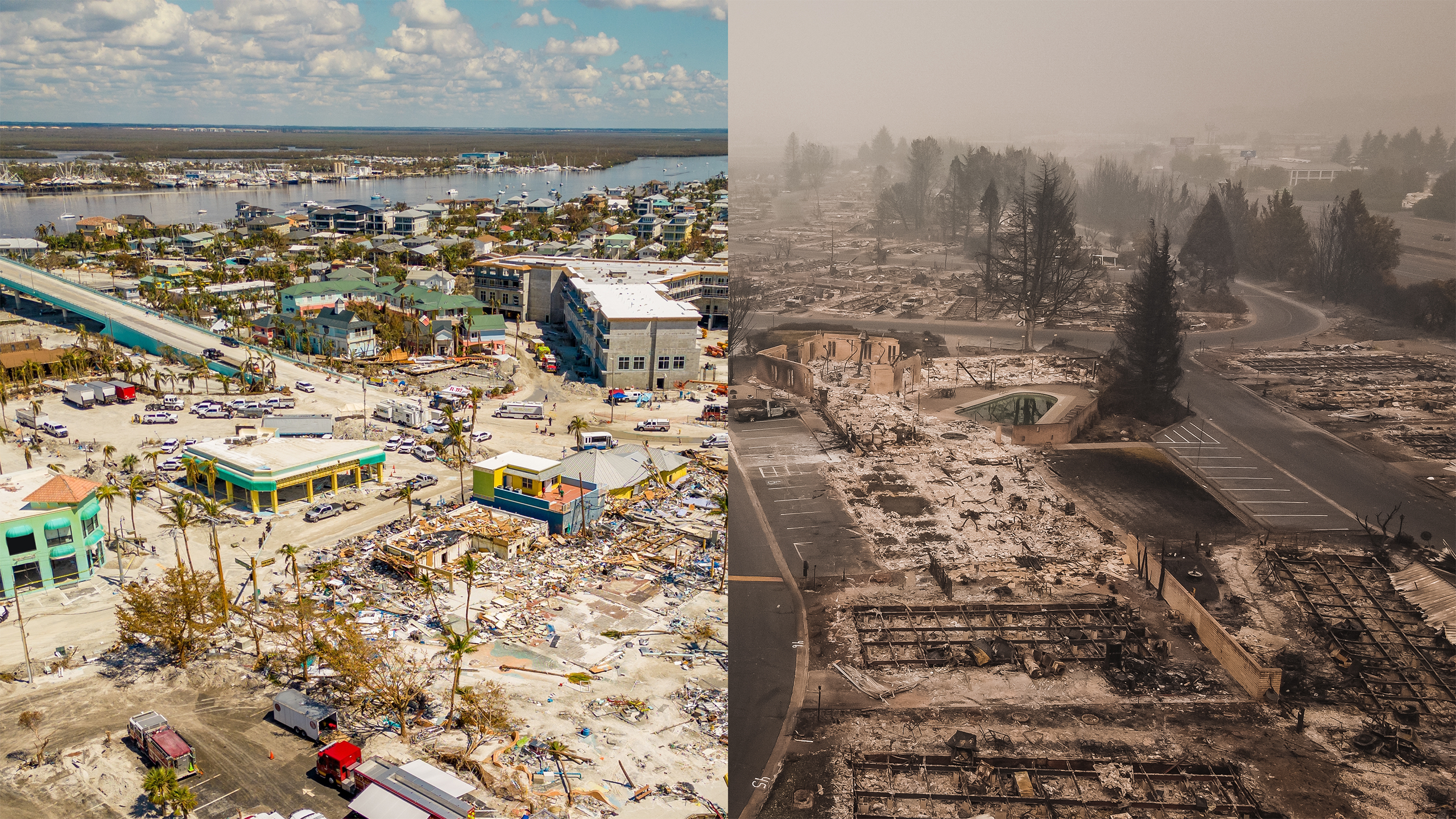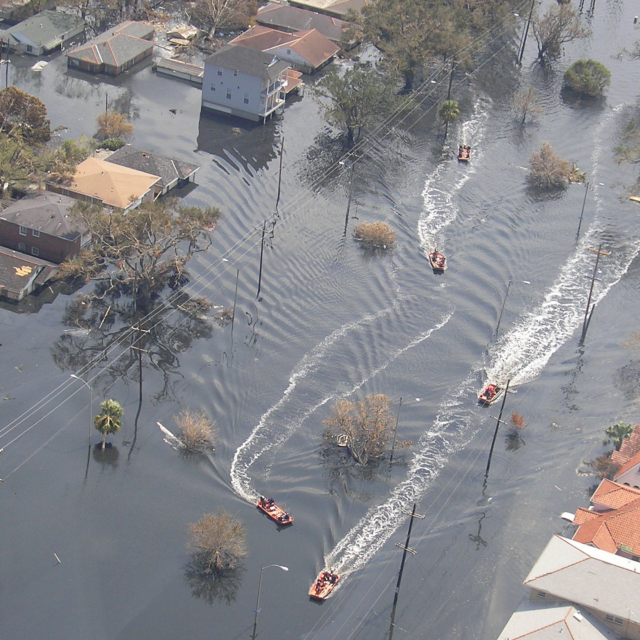Author: Wellington “Duke” Reiter, Ten Across Executive Director
If the continuing risk of fires, hurricanes, and other weather-related disasters isn’t enough to make Americans think carefully about how and where to build a home, perhaps the rising cost of insurance might concentrate their mind.
Juliette Kayyem, faculty chair of Homeland Security at Harvard’s Kennedy School of Government in The Atlantic, August 28, 2023.
Introducing the Ten Across Conversations Insurance Podcast Series
For many decades, a necessary sense of urgency has been lagging behind the rapidly advancing impacts of climate change. The evidence demonstrating the need for a more proactive response is in great supply but the requisite societal will leading to political action is only beginning to materialize.
Keen observers of the situation have held out the hope that the insurance industry will deliver the prompt which accelerates necessary decision-making. The hope is that an elevated numerical value on the cost of ever more frequent and costly disasters will adjust our behaviors—including where and how we choose to live.
As Juliette Kayyem, a previous guest of the podcast suggests, insurance industry rate hikes reflect the increased number of catastrophic events and the scientifically grounded, predictive analytics upon which the business model depends. Accordingly, it may be the financial burden—not climate change itself—which finally tips the scales in favor of a more aggressive approach to mitigation and adaptation.
The Insurance Crisis is Here
While Congress approaches a shutdown due to disputes over the 2024 federal budget, the Federal Emergency Management Agency has put all climate adaptation projects on hold in an effort to stretch their tight budget through the remainder of the Atlantic hurricane season.
Insurers around the country, and especially within the Ten Across region, have made equally consequential budget decisions as of late. Earlier this year, citing increased catastrophe and reinsurance costs and a strict regulatory environment, State Farm and Allstate announced they would no longer write policies in California. In Florida and Louisiana, where insurers have greater freedom to raise rates; premiums have climbed two to three times higher than the national average and insurers are still turning away policyholders in high-risk areas or closing businesses completely.
With these three vulnerable insurance markets at the forefront of the issue, a uniquely transparent and national conversation around the unsustainable costs of ignoring climate change has emerged. It has become clear that irreversible disaster losses for homeowners is no longer five or 10 years down the road— it is here today.
Three Experts Weigh In
The Ten Across geography provides a worthy context in which to interrogate the question of whether our future is still insurable. This investigation will appear in a series of three podcast episodes beginning October 6. Each episode will be released within our Friday 10X News and Insights newsletter, which you can subscribe to here.
October 6
Amy Bach, the co-founder of United Policyholders with four decades of experience as an insurance consumer advocate at the state and national level, will address the increasingly difficult balance California regulators face in trying to keep premiums reasonable in the wake of tremendous reinsurance and recovery costs.
October 13
Dr. Jesse Keenan, a renowned climate adaptation expert and associate professor of sustainable real estate and urban planning at Tulane University will help us understand the impact a disaster in Louisiana or the Gulf has on the national economy and regional insurance pools.
October 20
Latisha Nixon-Jones, an award-winning disaster scholar and associate professor of law at Jacksonville University will provide an accurate portrayal of navigating recovery and receiving payouts from the notoriously tumultuous Florida insurance market.
Final Thoughts
You may want to begin the series by listening to our recent conversation with emergency management expert, Dr. Samantha Montano. This episode provides a great primer to US disaster recovery and the necessary reforms required to adapt to increasing risk.
We look forward to sharing this timely discussion with you. Thank you for listening and be sure to share with interested friends and colleagues.



